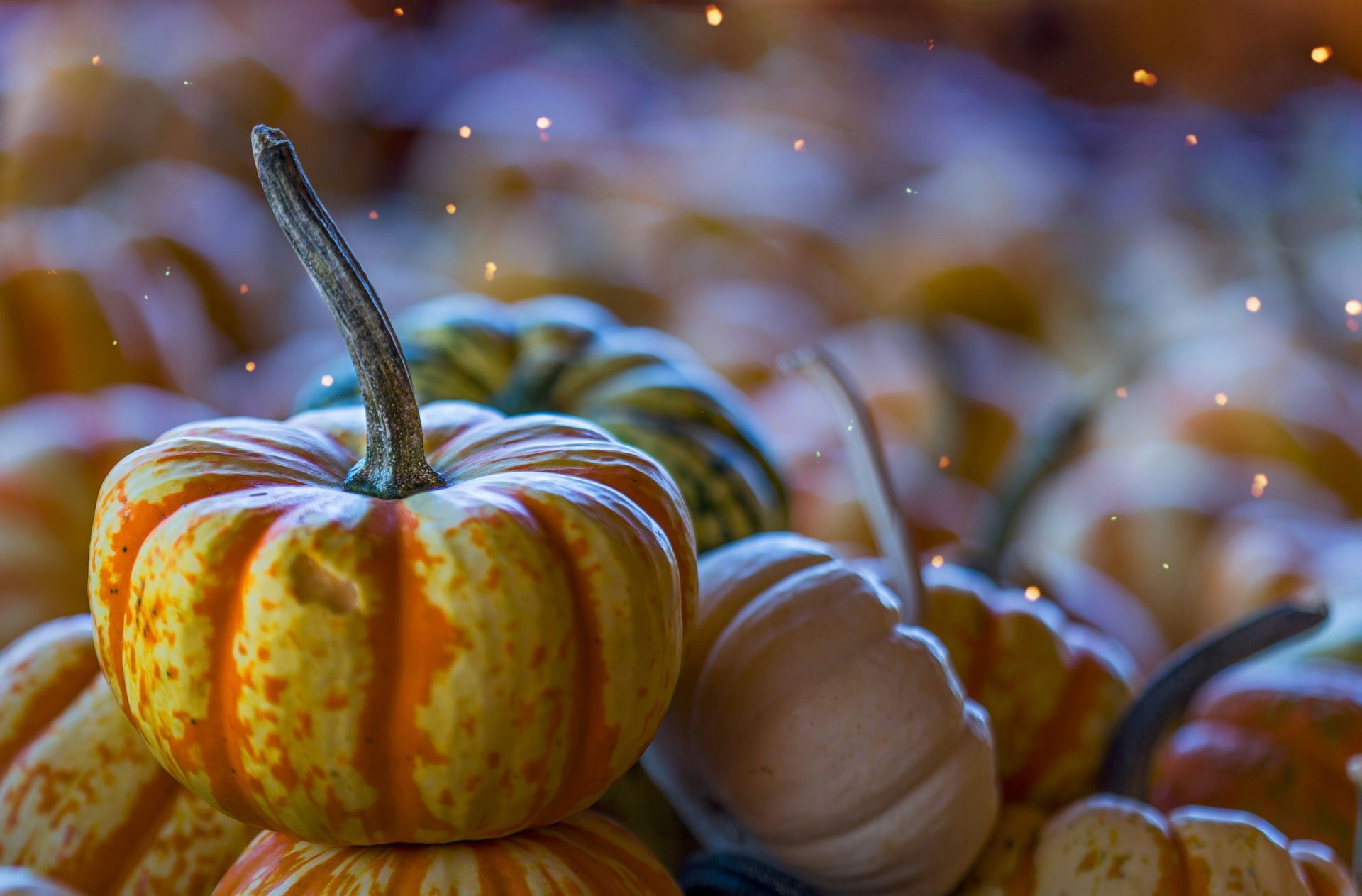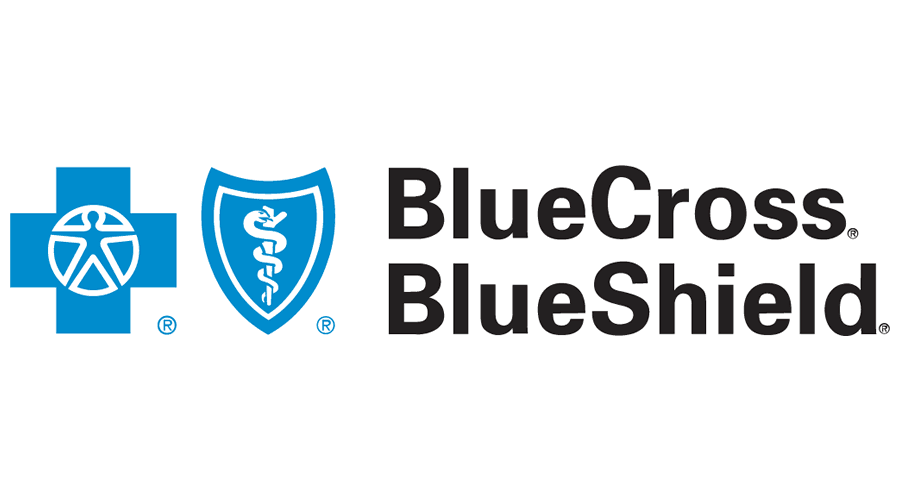Probiotics vs. Prebiotics: What's the Difference?
Probiotics and prebiotics are buzzwords we hear a lot, but might not know a lot about. Common questions I hear are:
1-What are probiotics? Why do I need them in my diet?
2-What are prebiotics? Wait, do I need to eat these too?
3-What's the difference between the two?
4-Which foods contain probiotics/prebiotics?
And the most common question...
5-Can I just take a probiotic pill?
Let's dive right in and start answering those questions! Probiotics are different classes of live microbes (usually bacteria, but sometimes a yeast) that are found in many types of foods. They serve important functions in maintaining and even restoring the health of our gut microbiome (which is filled with all kinds of microorganisms, both helpful and harmful) depending on the foods we eat.
Of the trilloions of microbes that reside in our gut, many are harmless, some are helpful, and others cause disease. Obviously, we want as many helpful microbes living in our gut as possible and this is where probiotics come in.
Probiotics can be ingested via supplements as well as in food form because certain foods are fermented or cultured with these specific strains of bacteria. There is some disagreement about which bacteria are the most helpful to supplement, but in general, the lactobacillus and bifidobacteria strains are considered to be both helpful in promoting a healthy gut and readily available in food products as well as supplement forms.
Common and tasty foods that contain probiotics include yogurt, kefir (my favorite!), kombucha, saurkraut, miso, and kimchi. Foods that may contain probiotics could include cottage cheese and some aged cheeses. How do you know if your favorite brand contains any probiotics? It's a huge selling point, so just check the label. Fun Fact: Buttlermilk is also a cultured product, but the type of bacteria used to culture it is destroyed during the process so it cannot claim to have "live and active cultures." Too bad.
If you can picture probiotics as happy, hungry little bacteria in your gut, then imagine prebiotics as their food. Prebiotics are a type of undigestible fiber found in certain foods that feed the healthy bacteria in your gut. Common foods that are high in prebiotics include apples, bananas, asparagus, onions, and garlic. Less common foods include jerusalem artichokes, chicory root, dandelion greens and leeks.
Why should we even care about the microorganisms in our gut? Your microbiome actually performs several crucial health functions including manufacturing some vitamins, like K and some of the B vitamins, performs metabolic functions and is crucial in boosting immunity. In short, an unhealthy gut microbiome opens you up to disease.
I'll bet you can guess what compromises your gut microbiome by decreasing healthy bacteria and increasing the amounts of harmful bacteria...Yup, you guess it, ultra-processed foods. Foods like doritos, candy, fishie crackers, pop tarts, sodas, ect. all destroy the helpful bacteria in your gut leaving you wide open for chronic diseases and inflammation.
And the final question, what about supplements as a source of probiotics? The answer is, it depends. If you are trying to increase your intake of probiotics for general health, then food sources are great and have the added benefit of extra nutrition. If you want to increase probiotics in your diet to deal with a specific medical condition or disease state, then supplements may be the choice for you since you can get higher amounts more quickly. However, different types of probiotic bacteria are good for different conditions, so that is a decision that needs to be made on a case by case basis with your healthcare provider.
In the meantime though, eat some yogurt.
Exercise is man's best medicine
--Hippocrates
Nutritious Foundations















